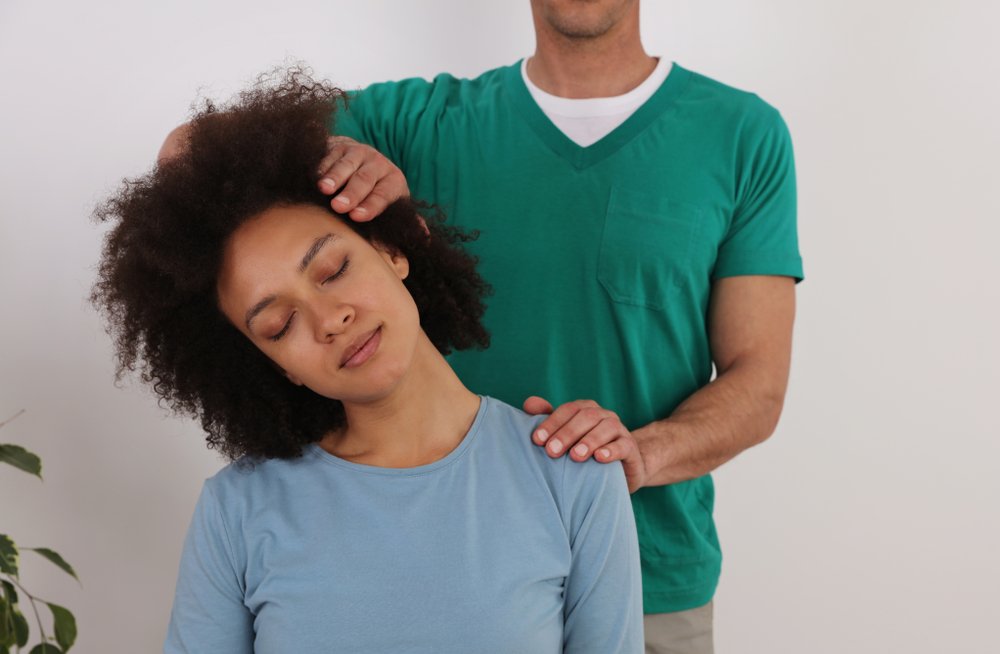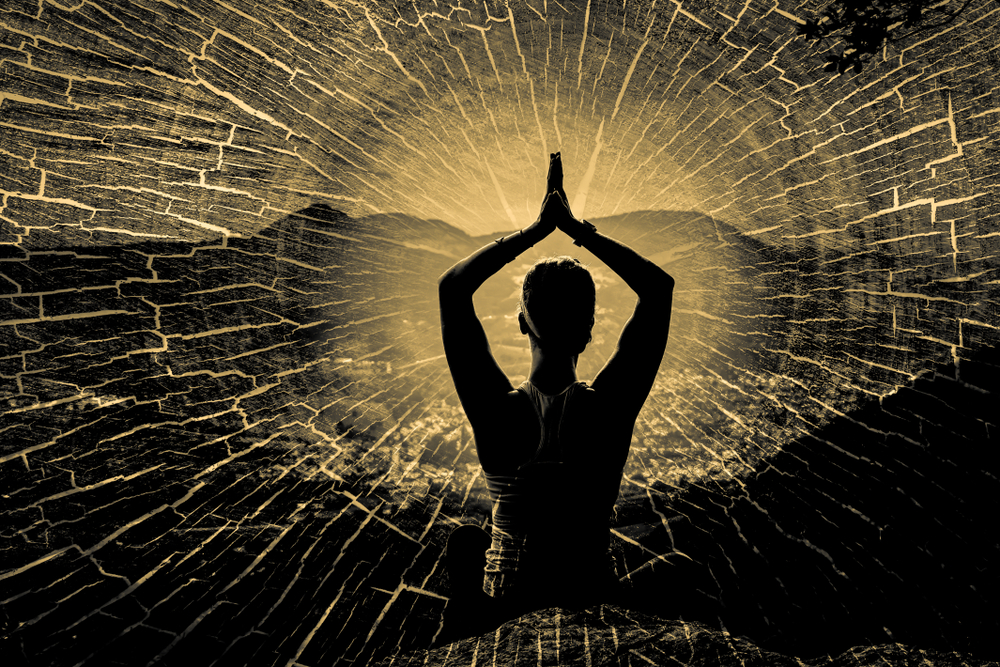


Addiction is a complex and multifaceted disease that affects millions of people worldwide. It impacts the individual's physical health and mental, emotional, and social well-being. Traditional approaches to addiction recovery focus on treating the physical symptoms of addiction. But they often neglect the underlying psychological and emotional factors contributing to addiction. That's why many rehab centers now integrate holistic approaches to addiction recovery.
Holistic therapy recognizes that addiction is not just a physical disease but a disease of the mind, body, and spirit. It seeks to address the underlying causes of addiction by taking a comprehensive and integrated approach to treatment. This includes managing the individual's physical, emotional, and spiritual needs and any underlying mental health issues or trauma.
This article will explore some of the most common holistic approaches to addiction recovery. We will also discuss the benefits of a holistic approach and how it can complement traditional addiction treatment methods.

Holistic therapy is an approach to treating addiction that addresses the whole person, including their physical, social, emotional, spiritual, and intellectual well-being. It focuses on one's overall well-being while treating symptoms of substance use disorders, including withdrawal symptoms and health conditions that develop while using drugs or alcohol.
Holistic addiction therapy can involve various techniques and practices, including mindfulness meditation, yoga, acupuncture, massage therapy, nutritional counseling, and other alternative therapies. These techniques aim to help the individual in recovery to heal their body, mind, and spirit.
Traditional approaches to addiction treatment typically focus on detoxification and abstinence. But holistic therapy seeks to help individuals in recovery develop a more balanced and healthy lifestyle. This may involve learning coping skills to manage stress and emotional triggers, improving nutrition and exercise habits, and building a support system for friends and family members.
Holistic therapy can work in conjunction with traditional approaches to addiction treatment, such as medication-assisted treatment, behavioral therapy, and 12-step programs. By combining traditional techniques with holistic therapies, individuals in recovery may achieve greater success in overcoming addiction.
Alternative therapies such as acupuncture, yoga, Tai Chi, and mindfulness meditation have recently gained popularity as complementary treatments for addiction recovery. These holistic approaches aim to address the whole person's physical, emotional, and spiritual needs and support their long-term recovery from addiction. Here are some examples of holistic practices and their potential role in supporting long-term recovery from alcohol and drug addiction:
These holistic therapies focus on using touch and pressure on specific points in the body to promote relaxation and alleviate physical and emotional tension. Massage can help reduce muscle tension, improve circulation, and promote relaxation. Acupuncture involves the insertion of needles into specific points of the body to stimulate the nervous system and release natural painkillers. Both these therapies have been shown to be effective in reducing symptoms of anxiety, depression, and stress, which are common triggers for relapse in addiction.

Nutritional therapy involves using specific diets, supplements, and lifestyle changes to support the body's natural healing processes. Many individuals struggling with addiction may have poor diets, nutritional deficiencies, or imbalances that can contribute to physical and emotional instability. Nutritional therapy can help address these imbalances, improve overall health, and support long-term recovery.
Exercise and recreational therapy involve physical fitness and activity, such as individual and team sports, tai chi, dance, or other forms of movement that can help improve mood, relieve stress, and promote physical health. Regular exercise effectively reduces cravings, improves sleep, and reduces symptoms of anxiety and depression, which can contribute to relapse.
Mindfulness meditation is a type of meditation that involves focusing attention on the present moment without judgment. It can help individuals develop self-awareness, reduce stress and anxiety, and improve emotional regulation. Mindfulness meditation has been shown to effectively reduce substance use and cravings and improve your overall mental health.
These holistic therapies and others, like spiritual work, art, and animal-assisted therapy, can support long-term recovery from addiction to drugs and alcohol. By addressing physical, emotional, and spiritual needs, these therapies can help individuals develop the skills and resources needed to manage cravings, cope with stress, and maintain sobriety over time.
Traditional medical treatment methods are essential components of addiction treatment. These methods provide a scientifically proven and evidence-based approach to addressing addiction and its associated physical and mental health conditions. On the other hand, holistic approaches provide additional complementary therapies that address individuals' emotional, spiritual, and mental health needs in recovery.
Combining traditional and holistic methods offers a more comprehensive and integrated approach to addiction treatment, addressing the whole person and promoting overall health and well-being. For example, medication-assisted treatment can help manage withdrawal symptoms and reduce cravings, while acupuncture and meditation can help reduce stress and promote relaxation. Other techniques paired with holistic methods include group therapy, MAT, one-on-one counseling, and support groups like AA and NA.
Therefore, the most effective approach to addiction treatment combines traditional medical treatment methods with holistic practices.

After treatment, you'll need to learn how to replace your old, dangerous coping skills with new, healthier ones. The holistic approach sets the groundwork for new behaviors to help you stay sober. Here are some other benefits of holistic therapy:
Holistic therapy offers many benefits for individuals seeking addiction treatment, such as treating the whole person, reducing stress, promoting self-healing, and improving the overall quality of life. When used with traditional medical treatment methods, holistic therapy can provide a more comprehensive and integrated approach to addiction recovery.
At More Than Rehab, we believe in the power of a holistic approach to addiction treatment. We offer a range of evidence-based traditional medical treatment methods and complementary, holistic therapies to provide a comprehensive and individualized treatment plan that addresses all aspects of your health and well-being.


